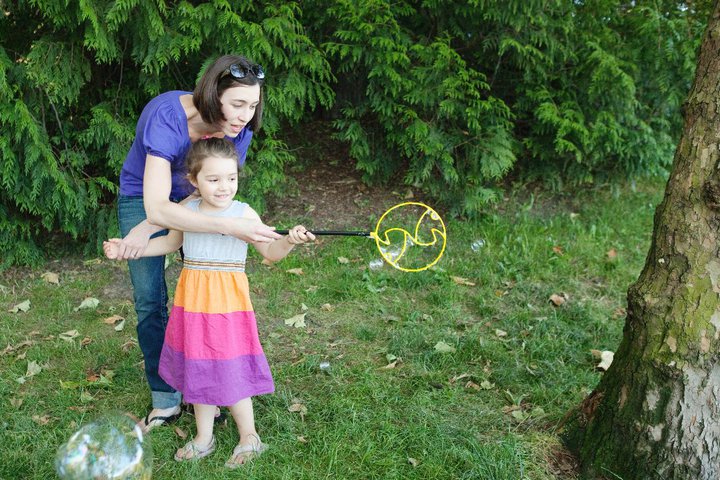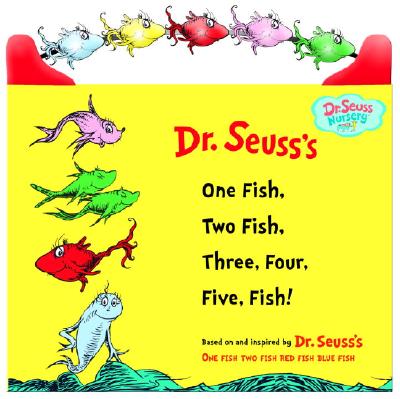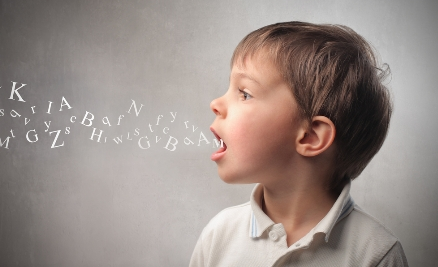
Activities such as blowing bubbles are excellent low cost speech therapy activities that you can do at home!
Speech and language disorders affect children of all races and social-economic groups. If left untreated, speech disorders can affect a child’s ability to interact and communicate with others. Parents are constantly searching for low cost speech therapy tools and ideas. But where do you begin? The Internet is jam-packed with tools, gadgets, whistles and websites that can be confusing and misleading for parents. We have narrowed down a few low cost speech therapy ideas for you to try. Of course, we always recommend that you check in with your pediatrician or licensed speech therapist first before taking on any therapies on your own.




